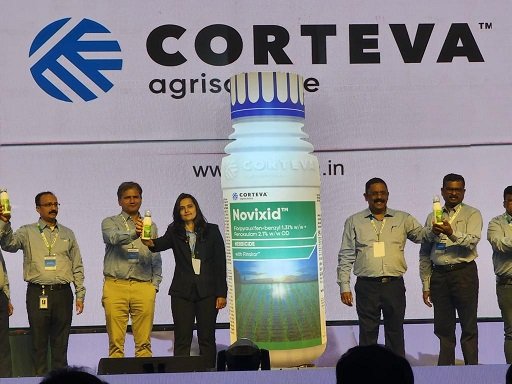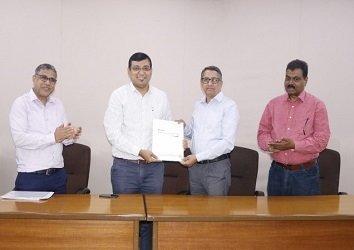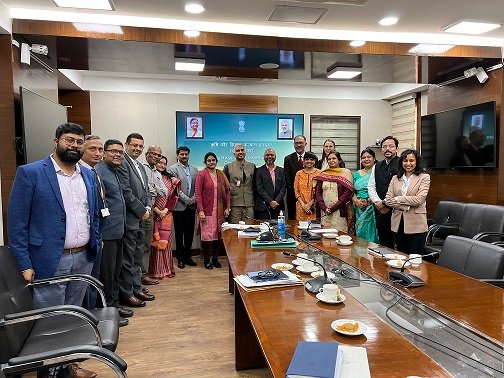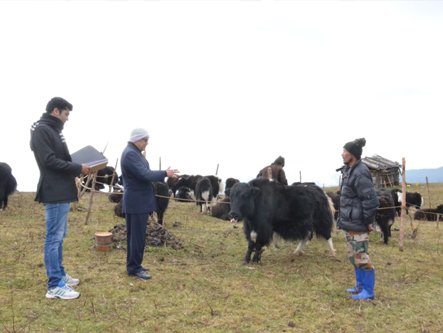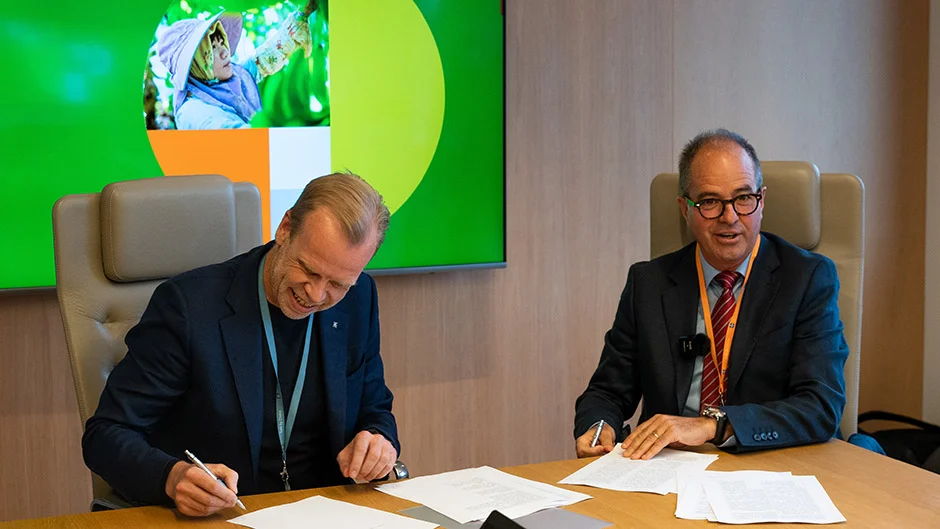Corteva Agriscience® launches Novixid™ herbicide to combat weeds in rice
The product’s positive toxicology profile makes it ideal to retain soil health and enable healthier crop cycles
Corteva Agriscience®, a global pure-play agriculture company, has launched its Novixid™ herbicide at an event in Hyderabad, Telangana. The day-long event in Hyderabad highlighted the importance of weed management to increase productivity and farmer profitability. Novixid™ was showcased as the technology of the future and was well received by the audience.
Rice growers face many challenges, and weeds present a significant challenge as they compete for the same nutrition and resources young rice plants need. The Novixid™ rice herbicide’s unique combination of Rinskor® active has proven very beneficial in weed management. The product effectively controls weeds that are tolerant to ALS (Acetolactate synthase), ACCase (Acetyl- coenzyme A carboxylase), and HPPD (Hydroxyphenylpyruvate dioxygenase) HPPD inhibitor herbicides as well. It also has a favourable toxicology and ecotoxicology profile which benefits soil health and the environment. This makes Novixid™ a distinctive product which performs across variable conditions and water management environments effectively.
Commenting on the company’s commitment to bring sustainable and innovative agricultural products to India, Ravinder Balain, President – South Asia, Corteva Agriscience® said, “Farmers are looking for modern solutions to address their challenges and improve productivity. Corteva® strives to bring the most innovative and sustainable product solutions to the market. With the introduction of Novixid™, farmers will be able to effectively overcome the weeds that impede crop productivity. The product’s positive toxicology profile also makes it ideal to retain soil health and enable healthier crop cycles.
Speaking about the challenges in the weed management, Dr V K Choudhary, a renowned scientist in the field of weed science said, “Herbicide resistance is one of the biggest issues faced by Indian farmers who grow rice. Herbicides with a single mode of action contribute to resistance development, giving rise to the increase in weeds on the crops. However, the use of herbicides with alternate modes of action can manage the resistance issue faced by many. Rinskor® active is one the molecules that may deter resistance development and help with weed management in current scenario.”
The product's positive toxicology profile makes it

